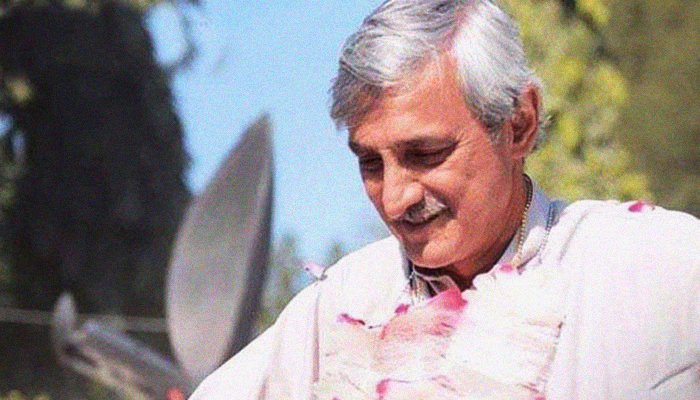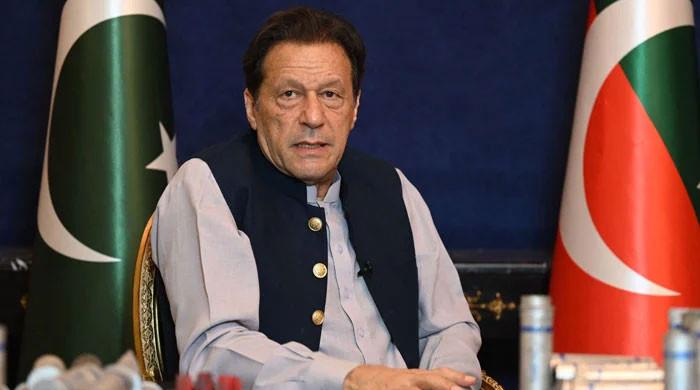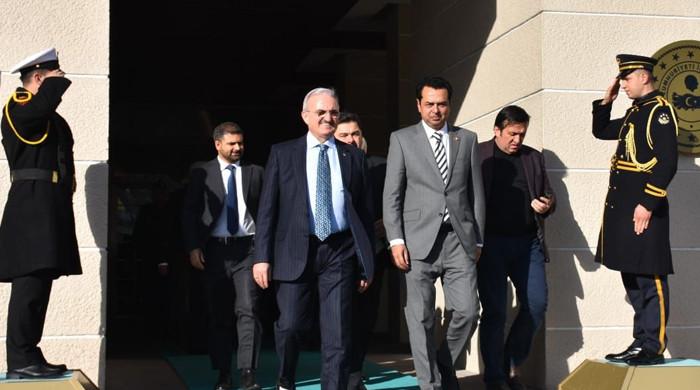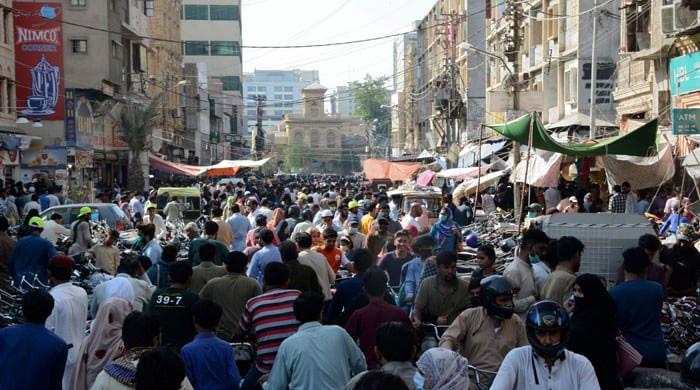The dubious sales of Gulf, Imperial Sugar Mills to Jahangir Tareen
The true extent of Tareen’s investments in, and control of the sugar industry are still not known
April 16, 2020

ISLAMABAD/LONDON: On January 18, 2019, merely months after the PTI government had been formed, the Competition Commission of Pakistan (CCP) cleared a pre-merger application filed by Gulf Sugar Mills, which was being acquired by AKT Sugar Mills.
AKT Sugar Mills is wholly owned by Jehangir Khan Tareen, also known as JKT, widely considered one of the most powerful sugar barons of Pakistan.
C.M. and M.A.M., the owners of Gulf Sugar Mills, sold the mill to JKT for an estimated minimum price of Rs11.5 billion, according to industry experts. No money trail regarding these funds has been provided and no governmental institution is investigating this sale.
Weeks before the sale, Imperial Sugar Mills, which was owned and controlled by Naveed Sheikh, was also sold to JKT. On January 4, 2019, the Board of Directors of Imperial Sugar Mills agreed to the sale of freehold land, buildings on freehold land, plant and machinery and other assets of the company located at Karmanwala, Tehsil Phalia, District Mandi Bahauddin, according to a notification issued by the company.
It is estimated that Jehangir Tareen bought Imperial Sugar Mills for a minimum price of Rs7.5 billion.
According to industry insiders, both mills were loss-making enterprises, which is why the owners were happy to sell them. They had no idea know how they could be turned into profitable enterprises.
The sugar crisis and subsequent inquiry
According to the Federal Investigation Agency's (FIA) inquiry report regarding the crisis earlier this year, it is clear that a handful of the political elite benefitted greatly from the sharp hike in sugar prices earlier this year, when prices artificially jumped from Rs55 to Rs80 per kilogramme. The report also highlights that the Punjab government played an instrumental role in precipitating the crisis.
On paper, Jehangir Khan Tareen controls approximately 20% of the sugar market in Pakistan.Yet no governmental organisation has ever investigated the true scope of his investments in the sugar industry. While the FIA report takes note of Tareen's investment's in the JDW (Jamal Din Wali) Group, in which he has a 37% share, his other investments in mills like the Imperial and Gulf sugar mills have not been discussed.
There’s a reason why that is important.
The FIA report, which has been authored by DG FIA Wajid Zia — of Panama Papers fame — states: "Despite the availability of relevant laws, no data on the stocking of sugar has been maintained. The hoarding of sugar at the level of mills is also a possibility, as the mills have very large godowns where stock can be kept after sales."
In simple terms, this means that there is still not enough clarity as to which sugar mill played exactly what role in artificially inflating the prices of sugar. Therefore, while the FIA does indeed hold Jahangir Tareen guilty, till the extent of JKT’s holdings in the industry is clear, it is difficult to say exactly how guilty he is.
While the FIA report states that JKT is the ultimate beneficiary of the export subsidy, with 22% of the subsidy amount going to him due to his investments in the JDW Group, it does not mention how he has benefited from his other, similar investments.
The report also raises the question of whether declared sales and production quantities of sugar mills are to be believed, when the Punjab government itself accepts that there is no data on the stocking of sugar available with it.
The sugar inquiry report notes that even though Pakistan had a surplus of approximately 2 million metric tonnes of sugar in previous years, a shortfall was artificially created by subsidizing sugar for export, which created a shortage in the market.
Despite multiple warnings that there had been a bad crop in the previous year, the Punjab government had approved a subsidy of Rs3 billion to export sugar, which had created a shortfall in the domestic market. The inevitable result of this shortage was an increase in sugar prices by 30-40%.
With the finger pointing at him, JKT has instead blamed Azam Khan, who serves as the secretary to Prime Minister Imran Khan, for harbouring a personal vendetta against him. However, he has yet to comment on why he invested billions in loss-making sugar mills right after the PTI formed its government.
The Supreme Court had previously disqualified JKT from contesting elections for being "dishonest". JKT was found guilty of insider trading using his personal staff as frontmen. Even before that, however, a commission headed by former Singh High Court Chief Justice Wajihuddin Ahmed had found Tareen guilty of buying and selling votes during PTI's intraparty elections.
Despite the fact that Imran Khan had himself formed the commission, Justice Wajih was kicked out while Jehangir Tareen's grip on the party became stronger.
Even PTI loyalist and legal expert Hamid Khan has said that it was Tareen who corrupted the party and changed it from what it fundamentally was.
The final report of the FIA is due on April 25, 2020. Sugarcane growers, middlemen and wholesalers expect that Tareen's other investments in sugar will also be brought to light to present a clearer picture as to how the market ended up being so dominated by one powerful man, who is considered extremely close to Prime Minister Imran Khan.
Tareen and his family were contacted to give their version for this story, but as of the filing of this report, have not responded to requests for comment.
In the past, JKT has defended himself saying he has captured a large share of the sugar market due to years of hard work. He says there is nothing illegal about what he has done, and dismissed criticism that he benefited from state-sponsored subsidies, pointing out they benefited everyone, including his competition and his political opponents.
The purchase of loss-making sugar mills and turning them profitable should, therefore, be seen as a sign of his business acumen rather than any irregularity.











